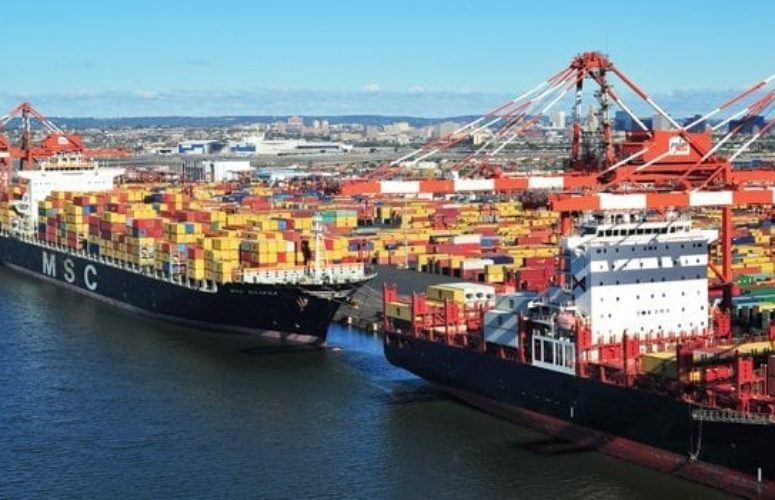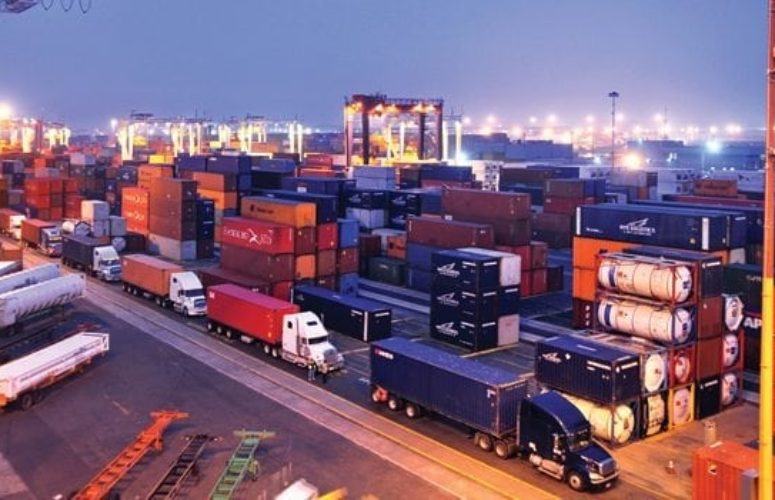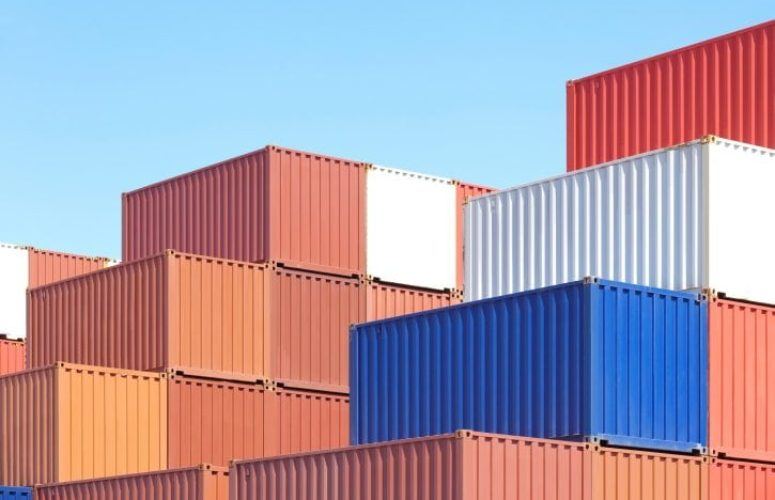
Dealing with International Trade Laws and Regulations
Professional services firms assist businesses with awareness and compliance when conducting international transactions.
By Anthony Birritteri, Editor-in-Chief On May 26, 2014Taking part in international trade can be a substantial way for any kind of businesses to improve performance and revenues. Exporting can lead to an expanding consumer base by breaking into untapped markets, while importing can reduce supply costs as well as allow companies to source products that might not be available in the United States. However, when dealing with foreign entities, it is essential for businesses, no matter what the size or scope, to know laws and regulations, and to have a sound business plan, in order to avoid running the risk of facing stiff penalties and/or being swindled out of cash or goods if disputes arise.
According to Nevena Simidjiyska, an associate who deals with international trade law at the full-service law firm Fox Rothschild, one of the biggest issues the firm comes across is that many entities are not aware that the transactions they conduct fall under importing and exporting, and therefore fall under international trade laws.
“A lot of the time, we see companies – particularly the small- to medium-sized ones – take part in importing and exporting without even realizing it,” she says. “It can turn out to be a big problem, and it’s not that they do it on purpose. Businesses just aren’t aware of the laws and regulations and assume that what they are doing is fine. But this is not the case.”
For example, Simidjiyska says that a company can assume a particular product it is importing or exporting does not fall under a category that is regulated by the US government, or, just because the US has free trade agreements with 20 countries around the world, that it can import and export to those countries without meeting certain qualifications or paying required duties.
“The US government has a long list of what is regulated on the import and export side that includes chemicals and military items, as well as a list of countries, individuals and entities that US companies are prohibited doing business with,” she says. “Our goal is to provide our clients with a compliance manual so they know what to do and are fully trained in this area. As their business grows, they know how to handle various issues without violating the law. And, if they are exporting and importing products, we make the determination whether a license is required and obtain one for them.”
In regards to exporting, Simidjiyska says the first step is to find out if a company is actually exporting, as there is an “extremely broad definition of what an export can be.”
“If you have a US company that never actually ships products outside of the country, it can still be conducting foreign business, and again, it may not even realize it and assume it’s not,” she says. “Let’s say a company has an employee from India, and he or she comes to visit for training and is not a US citizen or resident. When that individual returns to India, the company has technically exported a product, or in this case, technical data to India. And, if that product or technical data needs an export license and the company has not received the license, then it is in violation of export laws. It could even be something as simple as e-mailing technical data abroad to a foreign subsidiary. Even saving technical data to a server – if the server is outside of the US – can be considered an export as well.”
Dispute Resolution Mechanism and Trade Challenges
In terms of initiating business with a foreign entity, Wendy Kennedy Venoit, a partner at McElroy, Deutsch, Mulvaney & Carpenter (MDMC), LLP, suggests that a business should include certain dispute resolution mechanisms when drawing up a contract to protect itself if a problem arises.
Venoit, who deals with dispute resolution for clients in the construction industry, says, “When creating a contract, purchase order or whatever it may be, a business is probably going to want to make sure it includes a dispute resolution provision that calls for international arbitration, because that basically allows parties involved in international trade to resolve disputes without the formalities of their respective country’s legal system. A business wants to be very careful when negotiating contracts and it should want to have a neutral venue in settling disputes. Ending up in the courts in China under its laws is not ideal and other problems could stem from it, like not being able to collect money that is owed, for example.”
Mary Vasilescu, partner, tax services at accounting firm Wiss and Company, says the number of challenges a company can face when conducting business with a foreign entity can be staggering and there is no one be-all and end-all answer.
“Conducting business with foreign companies can be very tricky,” she says. “There are communication barriers and cultural differences. There are taxes which we don’t have in the US, like withholding taxes, value added taxes (VATs) and sometimes other types of local taxes. There is always a lack of information about certain business partners. There are different challenges that face manufacturers, than, say, a distributor. A company also has to think about currency fluctuation. There are countries where the business may be good, but it may be difficult to get cash out of the country, etc. The list goes on, and there is a lot of planning involved once a company goes outside of its comfort zone and outside of the US.”
A Growing Phenomenon
MDMC’s Venoit says the number of companies in the US involved in international trade is substantial and that it will only increase as time progresses.
“So much work is being done that crosses US borders; it is hard to imagine a company that doesn’t have some element of international trade in its business, especially here in New Jersey, because we are so close to the sea ports, major airports and New York City,” she says. “This makes it easier to import foreign goods and services. And, for the companies that don’t work with foreign partners, I see that changing very soon, in order to obtain and maintain a competitive advantage.”
Fox Rothchild’s Simidjiyska points out that it is essential for a company to perform its “due diligence” if it is unsure, or has the slightest notion it may be conducting business outside of the US.
“These are only some of the issues a company can face, but if it feels it has any sort of international aspect to its business – any international employees or is a subsidiary of a foreign company or vice versa – it should reach out for the proper assistance to determine if what it is doing falls under international trade laws,” she concludes. “It is better to be safe than sorry. The trade laws around the world vary so much and are always changing, particularly here in the US. Additionally, the penalties are very serious and tend to be increasing every year. So, companies have to make sure to take the necessary steps in order to become and remain compliant and to gain that competitive edge in the international landscape.”
Related Articles:





